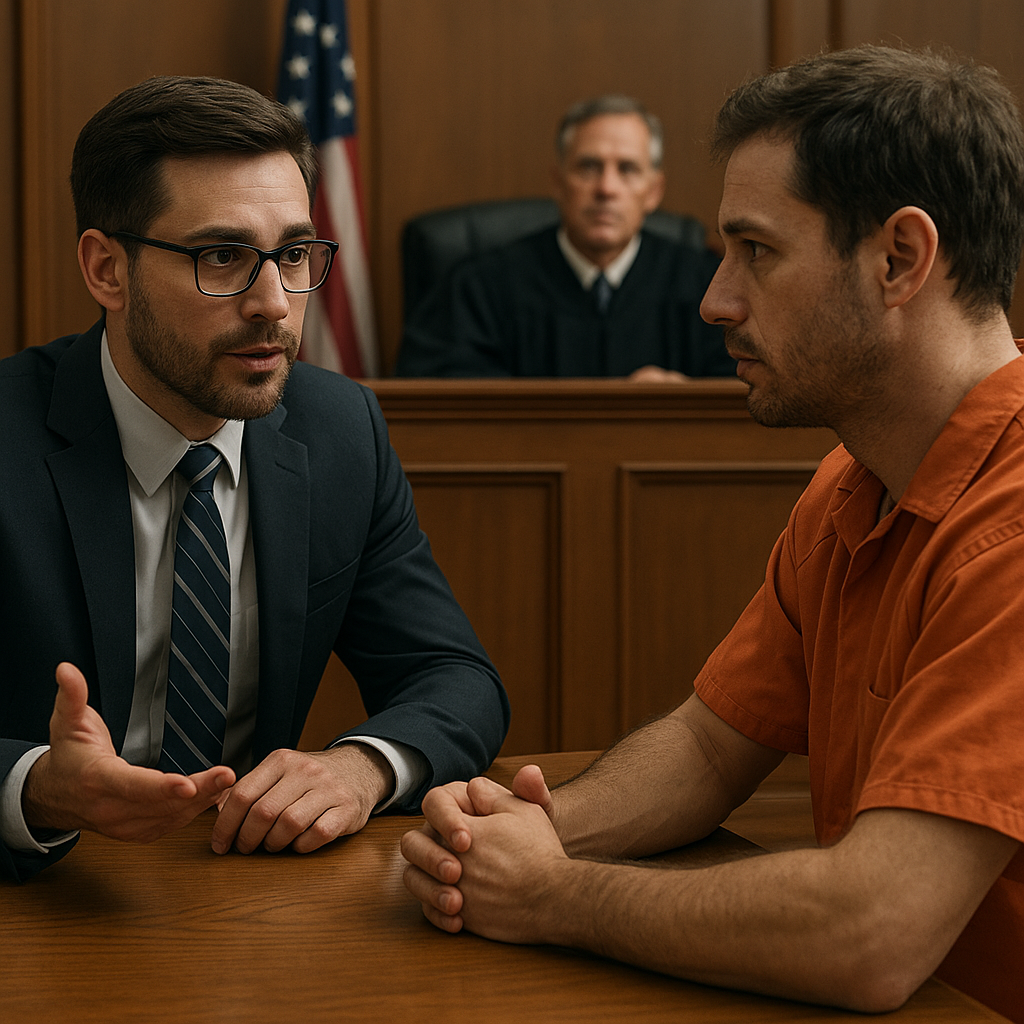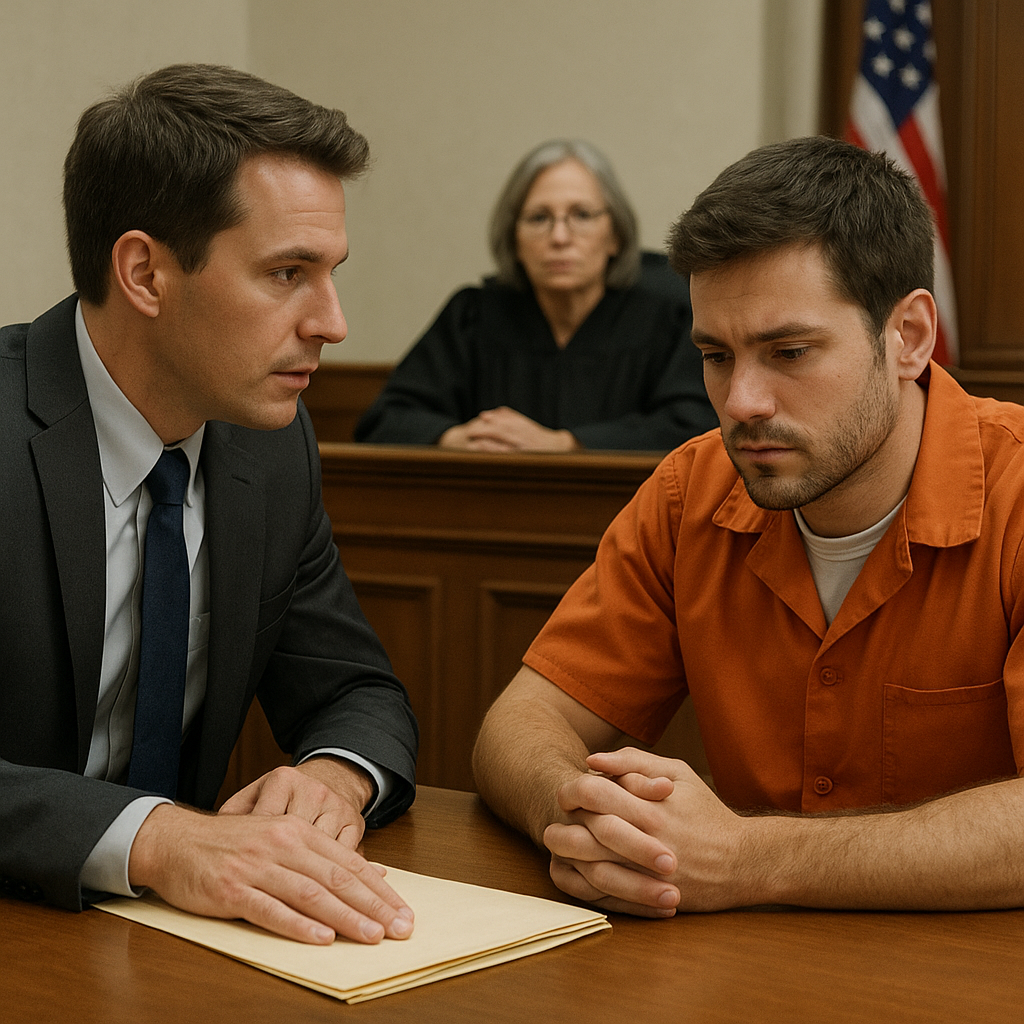Criminal defense work demands a delicate balance between zealous advocacy and strict adherence to the law. In every stage of the legal process, experienced criminal lawyers serve as guardians of the Constitution, ensuring that every individual receives fair treatment under the law. From the initial arrest to final appeal, skilled counsel intervene to protect the rights guaranteed by the Bill of Rights and subsequent amendments. This article explores how defense counsel employ strategic tools, legal knowledge, and relentless advocacy to uphold the highest standards of justice.
Role of Attorneys in Upholding Constitutional Rights
Defense counsel bear the critical responsibility of ensuring every defendant benefits from the full scope of Constitutional protections. An early task is safeguarding the right to effective counsel. Under the Sixth Amendment, individuals are entitled to representation, whether retained privately or appointed by the court. Skilled attorneys guide clients through complex proceedings and advise them on how to navigate legal pitfalls without waiving essential protections.
Ensuring Right to Representation
At the outset, counsel reviews arrest records and police reports, clarifying whether statements were solicited with proper Miranda warnings. If the police neglected to inform a suspect of the due process safeguards, any confession or admission could be deemed inadmissible. A vigilant lawyer will file motions to suppress self-incriminating statements obtained through coercion or without clear advisement of rights.
Protecting Against Unlawful Search and Seizure
The Fourth Amendment protects individuals from warrants lacking probable cause or seizures outside legal bounds. Defense attorneys challenge improper searches by analyzing every detail of law enforcement conduct. From coordinating hearings on search warrant sufficiency to scrutinizing warrantless entries, counsel work tirelessly to exclude unlawfully gathered evidence from trial, leveraging the exclusionary rule to uphold privacy and personal autonomy.
Rigorous Investigation and Evidence Analysis
A key component of strong defense is thorough investigation. Lawyers often collaborate with private investigators and forensic experts to counter the prosecution’s narrative. This collaborative approach helps unearth exculpatory material, challenge chain-of-custody issues, and test scientific findings that might unduly prejudice the factfinder.
Engaging Expert Witnesses
Forensic science can make or break a case. Defense counsel enlist experts in ballistics, DNA, digital forensics, and psychology to provide alternative interpretations of physical data. By dissecting laboratory protocols and highlighting potential contamination or methodological flaws, attorneys can diminish the impact of seemingly decisive forensic links.
Cross-Examining Prosecution Witnesses
Effective cross-examination is an art form. Lawyers prepare meticulously, identifying inconsistencies in witness testimony, prior statements, or biases that could undermine credibility. Whether questioning law enforcement procedures or civilian eyewitness identifications, counsel aim to cast reasonable doubt on the government’s account.
Litigating Constitutional Challenges in Court
Once investigation uncovers potential violations, counsel file targeted pretrial motions. These motions can dramatically alter the evidentiary landscape and force the prosecution to refine or abandon weak theories. By asserting constitutional claims, defense attorneys assert the judiciary’s role in policing law enforcement overreach.
Motion to Suppress
Motions to suppress are potent tools for neutralizing unlawful evidence. Whether challenging a coerced confession, a defective search warrant, or an illegally seized weapon, attorneys draft detailed affidavits and present oral arguments backed by statutory and case law. Successful suppression motions can compel the prosecution to negotiate favorable plea terms or even dismiss charges altogether.
Habeas Corpus and Post-Conviction Relief
When pretrial strategies fall short, appellate and post-conviction remedies offer additional avenues for vindicating Constitutional guarantees. Federal habeas corpus petitions may challenge violations of the Eighth Amendment’s ban on cruel and unusual punishment or Fifth Amendment due process breaches. Seasoned attorneys draft persuasive briefs, often citing newly discovered evidence or evolving interpretations of the law.
Advocacy Beyond the Courtroom
Criminal lawyers often extend their commitment to protecting rights through community outreach and policy advocacy. By participating in bar associations, civil rights organizations, and legislative reform campaigns, practitioners shape a broader culture of justice and accountability.
Plea Negotiations and Diversion Programs
Although trials attract attention, most cases resolve through negotiated pleas. Here, counsel advocate for reduced charges or alternative sentencing, such as drug treatment or mental health programs. These options respect constitutional values by emphasizing rehabilitation over harsh punishment.
Impact Litigation and Policy Reform
Some defense attorneys engage in impact litigation to challenge systemic issues like racial profiling or gerrymandered jury selection. By spearheading class actions or submitting amicus briefs in landmark cases, they strive to dismantle practices that undermine equal protection and the right to a fair trial.
Maintaining Ethical Standards While Protecting Rights
Ethics play a central role in every stage of criminal defense. Attorneys must zealously represent clients without misleading the court or obstructing justice. The Model Rules of Professional Conduct guide counsel in navigating conflicts of interest, client confidentiality, and candor toward the tribunal.
Client Confidentiality and Privilege
As custodians of sensitive information, defense lawyers safeguard client communications under the attorney-client privilege. This confidentiality enables candid discussions that inform strategic decisions and fortify the defense posture.
Zealous Representation Within Legal Bounds
While attorneys must diligently defend their clients, they cannot employ fraudulent evidence or mislead judicial officers. Responsible counsel strike a careful balance: employing every legitimate tool available without crossing ethical lines that could jeopardize the justice system’s integrity.
Conclusion
Criminal attorneys serve as the frontline defenders of the Constitution. Through meticulous investigation, strategic litigation, and unwavering advocacy, they uphold the fundamental liberties that define the American legal system. By challenging unlawful practices and safeguarding constitutional rights at every turn, these legal professionals ensure that justice remains a lived reality for all individuals, regardless of accusation or background.




